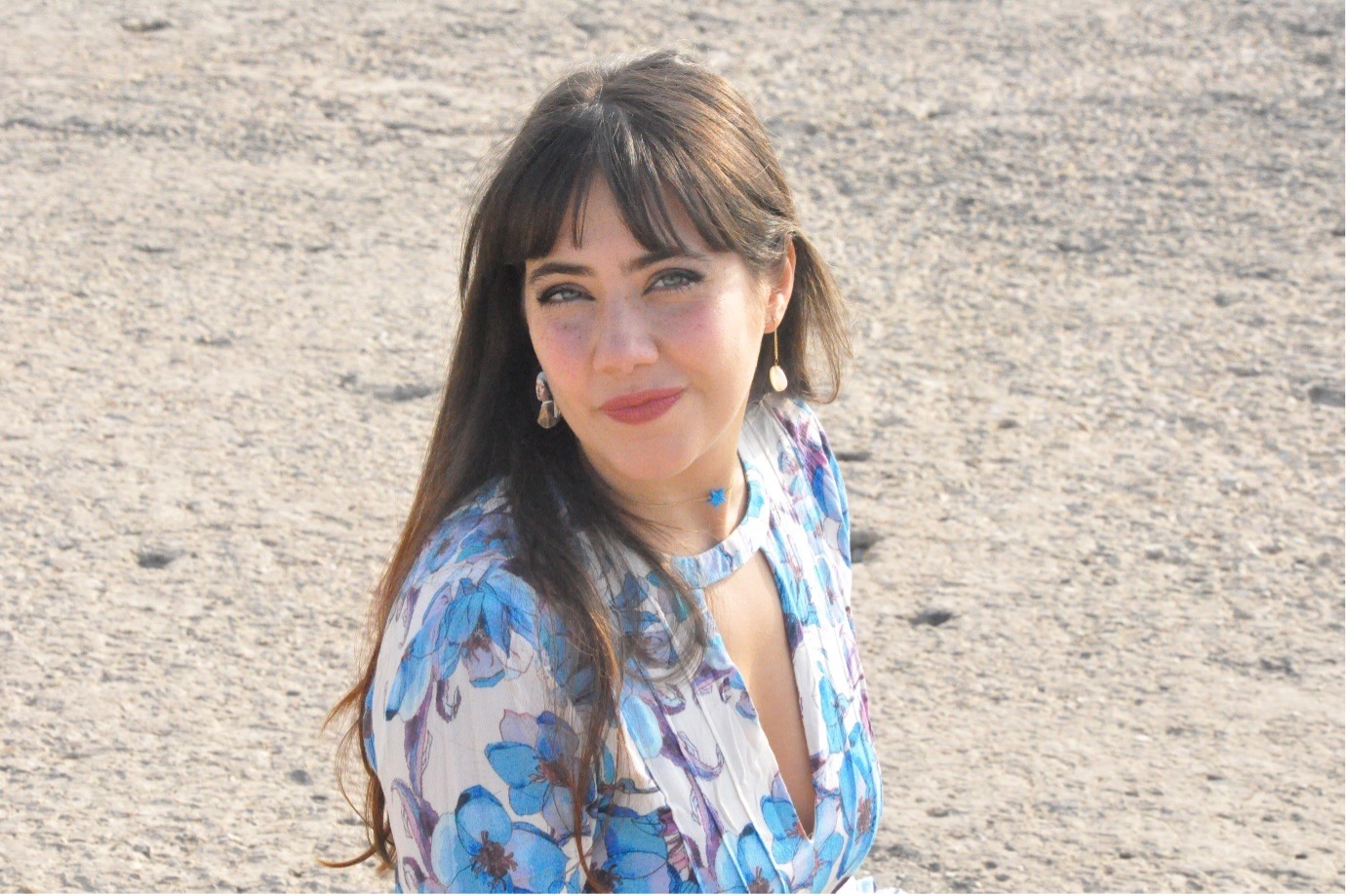From where I stand: “I am learning how to turn my anger into something more positive”
Date:
Aisha Halawany, 31, lived through a controlling and abusive marriage and a subsequent divorce. Through participating in the theatre performance ‘Left To Tell’, organized by the Lebanese feminist organization and UN Women partner KAFA, she has been able to begin the long journey of facing her trauma and finding a way to build a more positive future.

![]()
At the age of 17, I was so excited by the prospect of college. However, a day after my final high school exam, I married a man I did not know very well. My new husband was a distant relative of ours and he used to visit us so get closer to me. When he first proposed, my parents were a little reluctant, but I was very excited about the marriage and convinced them to accept. I thought it meant I could escape my family home where everything was forbidden. I later realized that I was going from one trap to another.
My new husband was a couple of years older than me and quickly it became clear that he wanted to control my movements. After one year of marriage, I gave birth to our daughter. I thought his behaviour would change, but the control and physical abuse escalated as the years went on. After three years I could not bear the abuse anymore, and I asked for a divorce – which is not very acceptable in our society.
When I started the divorce proceedings, I moved out of our marital house with my daughter, to my parents’ house. Once I did, my husband only provided two more weeks of child support, before stopping. To make ends meet, I got a job alongside my studies. My husband eventually took my daughter away from me*.
I have had few outlets to deal with the pain that this caused. Last year, I found theatre, and it has become a healthy and cathartic way to relieve my pain and to deal with my past. I came to theatre after participating in a series of intergenerational dialogues organized by KAFA around women’s memories of the Lebanese civil war. KAFA then collaborated with the Laban Performance Art Theatre to develop the play, “Left to Tell.”
The intergenerational dialogues were organized between women who lived through the war and youths. As I engaged more in the intergenerational dialogues, I dug into my past to try to understand the behaviors of those around me. I do not have any memories of the civil war yet hearing the suffering of the women helped me associate my parents’ actions and the society around us with what they went through during the 15 years of bloodshed.
The stories were compelling yet painful to hear. One woman shared how she became the first woman to drive and study outside their village, a phenomenon that was not accepted in her community. Another woman described the agonizing moment of witnessing the shooting of the Ain El Rimmaneh bus, a pivotal incident that started the civil war.
Through what they shared, I could see the strength and perseverance of women who refused to give up. These women were not the cause of the fighting, yet they were tremendously affected. During the dialogues, they kept pushing us to continue fighting for peace as hard as they did to pave the way for a better future for us as women and girls in Lebanon.
Inspired by their stories, I was one of the 12 women performers engaged in the script development and staging of the play, re-enacting women’s memories of the past. Despite not living through the civil war, I cried the whole time throughout the dialogue sessions because I truly felt the pain the women explained. We were connected as women, through our collective experiences of pain.
Laban gave us the freedom to choose the character we wanted to represent. I decided on the part of a woman in her late thirties wanting to be liberated from the society’s taboos; I think it was the right fit for me. The play changed us all.
I tell all women who might have, or are still going through similar experiences, not to be scared; to take control of their lives and to seek support when they need it and to believe in better times. Building off from the stories of the empowering women before me, I cannot and will not give up hope that one day my daughter and I can be reunited.”
Aisha Halawany is one of 58 women engaged in the joint KAFA and Laban Performance Art Theatre initiative through the “Dealing with the Past: Memory for the future” Project (DWP). This programme is jointly implemented by KAFA, UN Women, The United Nations Development Programme (UNDP), and The Office of the United Nations High Commissioner for Human Rights (OHCHR) under the leadership of the United Nations Resident Coordinator’s Office (UNRCO), with the generous support of the UN Secretary-General’s Peacebuilding Fund (PBF).
*Lebanon acknowledges 15 personal status laws based on its recognized 18 sectarian groups. Family law falls exclusively under the jurisdiction of religious courts, meaning each sect dictates rules regarding marriage, divorce, inheritance, and custody. Across all confessions, women face legal obstacles when terminating unhappy or abusive marriages; limitations on their pecuniary rights; and the risk of losing their children if they remarry or when the so-called maternal custody period (determined by the child’s age) ends.